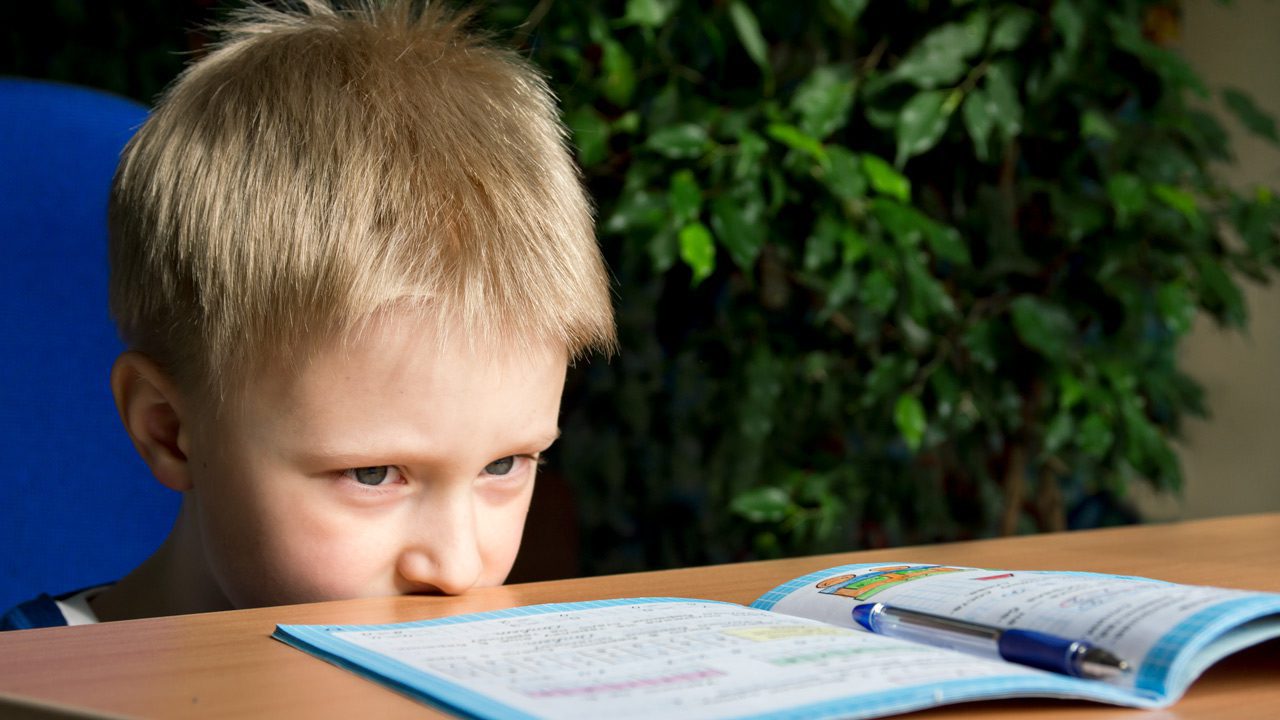Symptoms and diagnosis
Symptoms
Children with ADHD may:
- Struggle to pay attention.
- Become distracted easily.
- Move or fidget constantly.
- Talk too much, blurting out answers and interrupting often.
- Play loudly and struggle to play quietly when asked.
- Act impulsively.
- Forget instructions.
- Lose things easily.
- Daydream.
- Struggle with waiting their turn.
- Sleep poorly.
- Have trouble with transitions (e.g. getting ready in the morning, switching from one academic subject to the next).
- Suffer from poor self-esteem.
- Experience academic difficulties with school work and homework.
Diagnosis
ADHD is not an easy diagnosis to make because there is no definitive laboratory test to prove ADHD is present. The diagnosis of ADHD is usually made either by your pediatrician or a mental health provider (child psychologist or psychiatrist for example) by taking a detailed history from both the parents and the teachers who know the child best. Testing by a trained neuropsychologist can help rule out other disorders that can be confused with ADD or ADHD, such as dyslexia, processing disorders, or learning disabilities. Medical conditions such as poor vision, poor hearing, celiac disease, or genetic disorders affecting brain development may need to be excluded. Talking to your pediatrician about your concerns and observations will help tailor the best evaluation strategy to your child.
If you believe your child may have ADHD, please call us for a consultation. You may download the parent and teacher history forms in our helpful forms. You can also request that we send them by mail when you make your appointment. Then complete the forms and bring them to your consultation.

